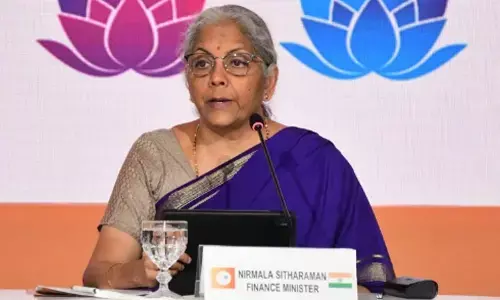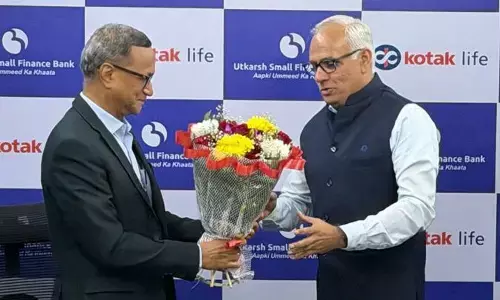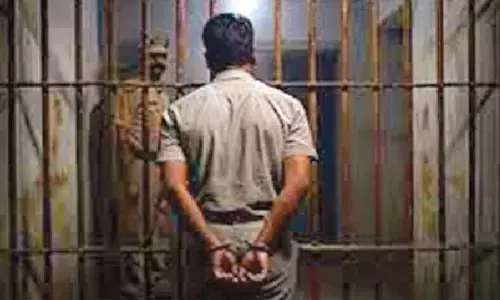Hyderabad: Shah's CAA remark a poll gimmick

Citizenship Amendment Act (File photo)
Social media too abuzz with sharp reactions; activists say it will take years to enforce it
Charminar : The social media has been abuzz since Union Home Minister Amit Shah's statement on new citizenship law in West Bengal last week that it would be implemented once Covid-19 vaccination drive ended in the country.
His assertion touched off a debate on CAA-NRC (Citizenship Amendment Act and National Registry of Citizens), particularly on social media,reflecting the unease seen among some sections of society a year back.
However, several social organisations, which were active a year ago and protested against the CAA-NRC, termed this as an 'election stunt.'
Last week, Shah reiterated his commitment to implementing the CAA during the Assembly election campaign. "The drive to implement the Citizenship Amendment Act (CAA) will benefit the Matua community, among other non-Muslim immigrants, who came from Bangladesh, Pakistan and Afghanistan before 2015. And I promise that the laws will be implemented in West Bengal," he said.
Reacting to his speech, Joint Action Committee (JAC) against CAA-NRC convener Mushtaq Malik said Shah's statement was an 'election stunt.' Wherever there is an election, the BJP government takes up the issue and tries to create panic among the country's citizens.
"The way Covid vaccination is being administered, it will take at least two to three years and claiming it would be enforced would be imprudent," added Malik, who campaigned for the Million March in January 2020.
"The Bengal elections are ahead, and the statement is only limited to them. Even if the law is taken up, the government does not have a plan of action to face repercussions. Amit Shah himself said in Lok Sabha that the government was not yet ready with the laws and any action plan for CAA," he pointed out.
Nevertheless, several organisations and JAC Against Citizenship Laws are gearing up to re-launch a movement against laws. "JAC is to intensify the stir against CAA-NRC.
It has an action plan to unite all castes and communities throughout India with at least 500 delegates, including religious heads, religious organisations, social activists, universities activists, advocates, Adivasis and several others. The movement will start in the month of May," he said.
Another city-based social activist, Shiba Minai, said Shah's statement is a 'jumla' (election gimmick), "The government is not prepared to enforce CAA.
Initially, the government has done nothing in Covid times, and still farmers are protesting. The statement clearly shows that the party wants to polarise people to win elections."
Advocates' JAC Convener Mohammed Wali-ur-Rahman said the government implemented the law in Assam, but it was unsuccessful. Surprisingly, it has taken more than four years. "Implementing CAA in the entire county will take years. Even if enforced, it would take at least five years for each State," he added.
WHAT THE CAA SAYS
"Provided that any person belonging to Hindu, Sikh, Buddhist, Jain, Parsi or Christian community from Afghanistan, Bangladesh or Pakistan, who entered into India on or before the 31st day of December, 2014 and who has been exempted by the Central Government by or under clause (c) of sub-section (2) of section 3 of the Passport (Entry into India) Act, 1920 or from the application of the provisions of the Foreigners Act, 1946 or any rule or order made thereunder, shall not be treated as illegal migrant for the purposes of this Act"











